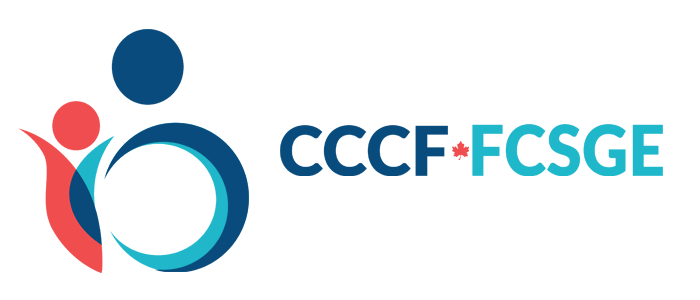Mark November 20th – National Child Day – on your calendar. This is the day when people across the country take time each year to celebrate Canada’s most precious resource – our children. It’s a day to remember that children need love and respect to grow to their full potential. It’s a day to marvel at their uniqueness and all they have to offer. It’s a day to celebrate the family and think about how adults affect the development of children close to them.
National Child Day was proclaimed by the Government of Canada on March 19th, 1993 to commemorate two historic events for children: the adoption of the United Nations Declaration on the Rights of the Child in 1959, and the UN adoption of the Convention on the Rights of the Child (CRC) in 1989.
“Mark November 20th – National Child Day – on your calendar. This is the day when people across the country take time each year to celebrate Canada’s most precious resource. ”
our children
Children’s Rights and Child Care
- The CRC gives children of working parents the right to benefi t from child care services and facilities for which they are eligible (Article 18).
- Article 23 outlines specifi c rights of children with disabilities, including the right to a full and decent life, education, training, recreational opportunities and preparation for employment. Child care services should be provided for children with disabilities, disorders, and/or health impairments.
- The CRC requires Canada to establish standards that ensure child care staff will be suitable and will provide competent supervision (Article 3). Caregivers are responsible for providing the child with direction and guidance in the exercise of their rights (Article 5).
- Children have the right to rest and leisure, to engage in play and recreational activities and to participate freely in cultural life and the arts (Article 31). Child care also provides opportunities for rights education.
- Child care programs can help promote tolerance and respect for human rights (Article 29).
Wear a royal blue ribbon to show support for National Child Day. Canada’s future depends on the healthy development of our children. The blue ribbon shows that you think Canada’s children deserve prime consideration in all economic, social and political decisions, policies, programs and expenditures.

Ideas for Celebrating National Child Day
- Wear a royal blue ribbon.
- Attend a special event with a child.
- Ask a child for advice.
- Introduce your child to your place of work.
- Plan a special visit to your child’s class or child care setting.
- Send a card to a child, caregiver or teacher in honour of the day.
- Explore ways to make your neighbourhood a safer place for children.
- Organize a fundraiser to support activities for children.
- Invite a child out for a meal or snack.
- Share a book or story with a child.
- Cook a celebration dinner and invite friends and family.
- Make a scrapbook highlighting a child’s past week, month or year.
- Think back on great moments of your childhood.
- Thank relatives for caring for you as a child.
- Reflect on the rights of children.
- Send a package of toys, clothes or books to children in need.
- Raise awareness for children’s issues by talking to local politicians.
- Donate time or money to a children’s charity.
- Tell a neighbour or friend about National Child Day.
- Consider ways you can make Canada a better place for children.
First Call for Children
The United Nations Convention on the Rights of the Child, signed by Canada, states that:
“In all actions concerning children, whether undertaken by the public or private social welfare institutions, courts of law, administrative authorities or legislative bodies, the best interests of the child shall be a primary consideration.” (Article 3.1)












